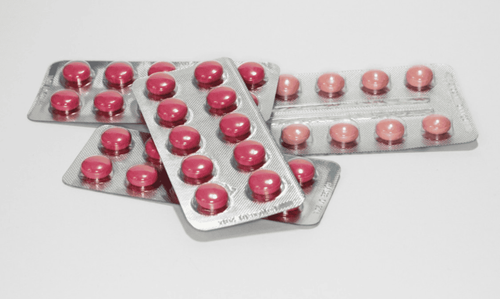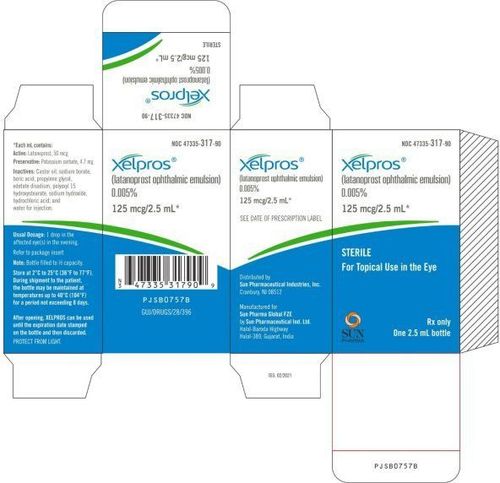This is an automatically translated article.
Angioscein is a medication given intravenously to aid in the diagnosis of ophthalmic disease. Let's find out the uses and precautions when using the drug through the article below.
1. Uses of the drug Angioscein
Angioscein drug has the active ingredient fluorescein, which is prepared in the form of a drug for intravenous use.
Angioscein is a dye used in fundus diagnostics and is mainly indicated in diagnostic fluorescein angiography or in endoscopic angiography of the background and iris vasculature. The injection of dye makes certain parts of the eye clearer and easier to diagnose.
2. How to use Angioscein
How to use:
Angioscein is administered intravenously, injected by a qualified doctor. After about 7 to 14 seconds of injection, changes will appear in the eyes. Note: Extravasation should be avoided during infusion, because Angioscein solution has a high pH that can cause severe local tissue damage (severe pain in the arm for several hours, peeling skin, superficial phlebitis) ). The exact site of intravenous injection of the needle tip must be determined. When extravasation occurs, the injection should be stopped immediately. Take appropriate measures to help treat damaged tissues and relieve pain. Dosage: Depending on the case that the dose can be changed. The dose of this drug is determined by the treating physician.
When taking the drug can occur a serious allergic reaction called anaphylaxis. Anaphylaxis usually occurs after a short period of medication, requiring immediate medical attention. The most serious signs of this reaction are very fast breathing, irregular breathing, trouble breathing, or fainting. When seeing unusual signs when taking the drug, it is necessary to notify and get emergency help immediately.
3. What side effects does Angioscein cause?
Along with the necessary effects in the diagnosis of disease, Angioscein medicine can cause some unwanted effects, including:
Some rare side effects: Bluish color in the skin, cold skin, anxiety , cough, trouble breathing, dizziness, heart palpitations, skin rash and itching, feeling lightheaded, rapid breathing, pain, redness, swelling or peeling of the skin, puffiness or swelling of the eyelids or around the eyes, face , lips or tongue, severe pain in the arm, chest tightness, fainting, unusual tiredness. If you experience these conditions, you should immediately notify your doctor for advice. Some common side effects: Abdominal or stomach pain, diarrhea, nausea and vomiting, yellow skin and urine. These side effects usually go away after a while. But if you notice that it lasts or affects your body, you need to talk to your doctor. Other side effects not listed above may also occur in some patients. If you notice any abnormalities, tell your doctor for proper advice.
4. Notes when using Angioscein
Do not take this medicine if you have a history of allergy to any of its ingredients. The solution should not be injected into the cerebrospinal fluid or arteries. Persons under 18 years of age as appropriate studies performed to date have not demonstrated pediatric-specific medical problems that would require the use of this medicine for diagnosis.
Before using this medicine you need to inform your doctor about a history of allergies to foods, dyes or drugs, a history of asthma, which may increase the risk of recurrence of an allergic reaction.
For pregnant women: There are insufficient data on the effects of fluorescein on the fetus. However, potential risks cannot be ruled out. It is best to ensure safety not to use the drug for pregnant women.
For breast-feeding women: There are no adequate studies in women to determine the risk to the infant when using this medicine during breast-feeding. Weigh the benefits against the possible risks before taking this medicine while breastfeeding.
Diagnostic x-rays should not be taken after 36 hours because of the potential for misdiagnosis.
Interactions: because the drug can cause interactions with other drugs, especially beta-blockers, because of the increased risk of affecting the cardiovascular and respiratory systems, especially those with a history of disease.
Above is some information about the effects of Angioscein, if you have any questions, you should ask your doctor before using the drug.
Please dial HOTLINE for more information or register for an appointment HERE. Download MyVinmec app to make appointments faster and to manage your bookings easily.













